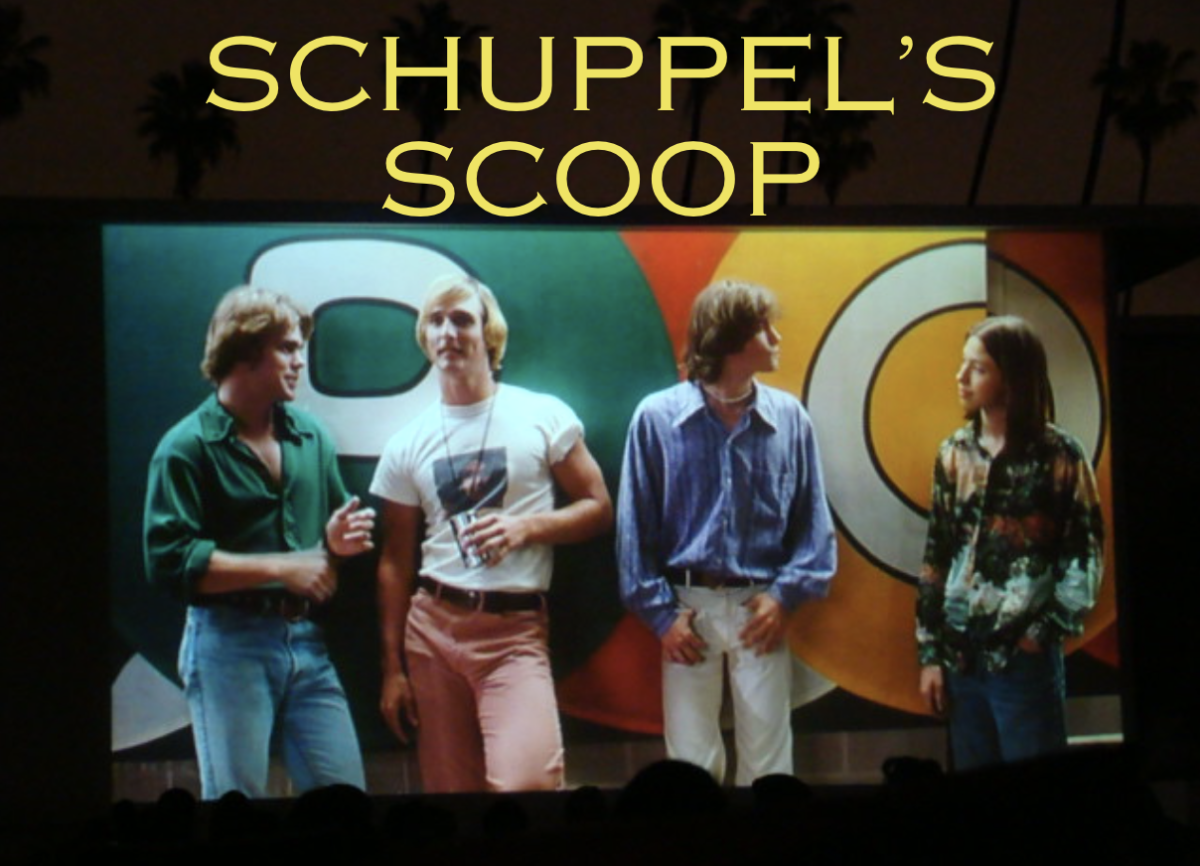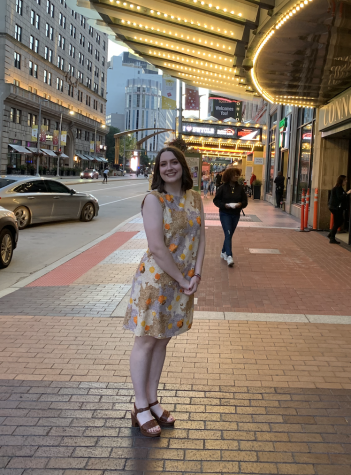The beauty of fiction is its ability to transport us to worlds beyond our comprehension, where politics take the form of a Jedi council or true love’s strength is demonstrated by defeating unusually large rodents in a fire swamp. As a media consumer, you can either take stories like these at face value or search for their depth and experience enjoyment. On the other hand, the slice of life stories that some deem boring are often those where you are confronted with the biggest moral dilemmas – those are the tales I like the best.
There are a few elements that I argue make the best slice of life stories. First: a limited time frame for the story. A strong story in this category isn’t meant to show audiences a character’s entire life, but to provide enough information to get key points efficiently. A second characteristic is ambiguity, as the human experience offers few cut and dry answers to existential questions. Lastly, relatability in the plot. We often don’t have riveting storylines in our own lives, so what some might consider to be “meaningless” plots are just reflecting the experiences of average people.
I’ve spoken extensively about Richard Linklater’s “Before Sunrise” (and the rest of the “Before Trilogy”) to anyone who will listen, but his more famous “Dazed and Confused” similarly follows groups of teenagers through the last day of school before summer of 1976 began. It’s an unceremonious account of what clique culture was at the time, showing the freshman initiations into sports, the loners’ thought-provoking conversations and when all groups come together to party in the woods.
To some (including my dad on his first watch), “Dazed and Confused” is a tedious watch and brings up memories of adolescence that are forgotten for a reason. I see it simultaneously as a time capsule of 1970s teenager life and how experiences from that period transcend time – for better or worse.
A cherished “discovery” in my adolescence was the writing of JD Salinger, as we read “The Catcher in the Rye” and the story “A Perfect Day for Bananafish” during my sophomore year. Salinger’s world building might be overlooked because of the simplicity of the stories he wrote, but in the fashion of postmodernist writing, the depth is tremendous.
“Catcher” follows Holden Caulfield’s hasty entrance into adulthood, which is a world he believes he understands (but doesn’t). Once again, the story is not action-packed, but it is a must-read for any young adults who don’t feel understood in their frustrations of balancing the last years of childhood and entering adulthood. Holden’s struggles with his religion, relationships, family, independence and beyond make his character relatable for our age and might help those older reflect on their own development into adulthood.
Outside of “Catcher,” Salinger stories often follow the Glass family, most famously in “Franny and Zooey” and his other short story anthologies. While I have yet to make my way through all the stories featuring the Glass family, those I’ve read capture a moment in time for the siblings in the family. “A Perfect Day for Bananafish” documents the moments before a brother’s suicide, “Franny” is about an uncomfortable date between college sweethearts and “Zooey” is a long-form piece where Zooey bathes and walks around his childhood apartment. Again, many themes are balanced in a Salinger story, but the family is at the core of those aforementioned. We are never told whether or not to like his characters, similarly to how we have to navigate our own families and dynamics with age.
The last slice of life for this Scoop is “Paterson,” written and directed by Cuyahoga Falls native Jim Jarmusch and starring Adam Driver. The movie takes place over the span of a week where bus driver and aspiring poet Paterson goes about his day-to-day life. The audience is an onlooker to the interactions between the bus patrons, as well as Paterson and his wife’s relationship. Seeing a couple with such big aspirations in the arts (Paterson with his writing, his wife with making music and baking) but living realistic lives with day jobs might bring solace to people who want to keep trying at expanding their skill set – even if it means playing an instrument or cooking for the sheer pleasure of doing so.
I encourage media consumers everywhere to challenge themselves if these don’t traditionally sound up your alley. All are quick watches or reads where you could take away bigger messages than your average big budget blockbuster, especially because the characters all look and act like you and I.




Chuck Greanoff • Nov 17, 2023 at 6:42 pm
Great piece, Claire. I haven’r read enough fiction, so this is a good nudge for me…